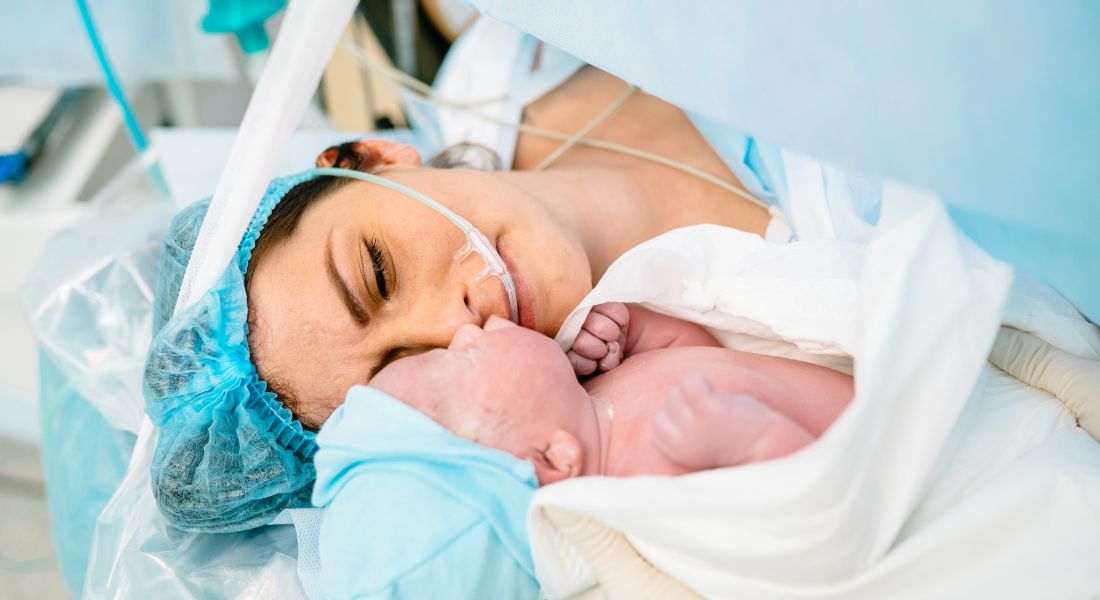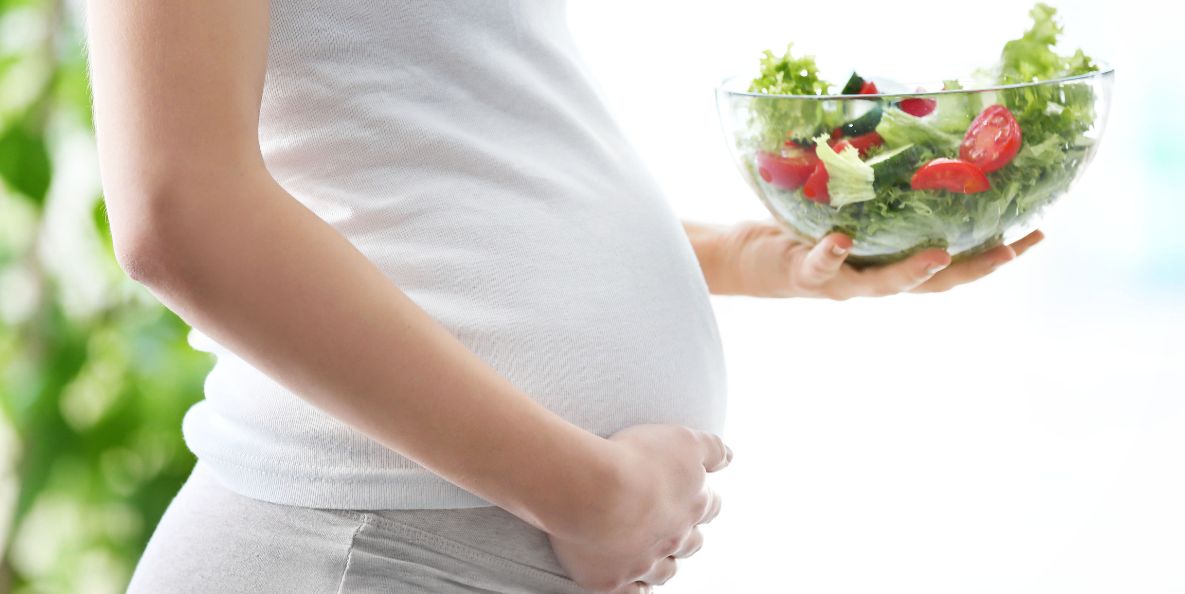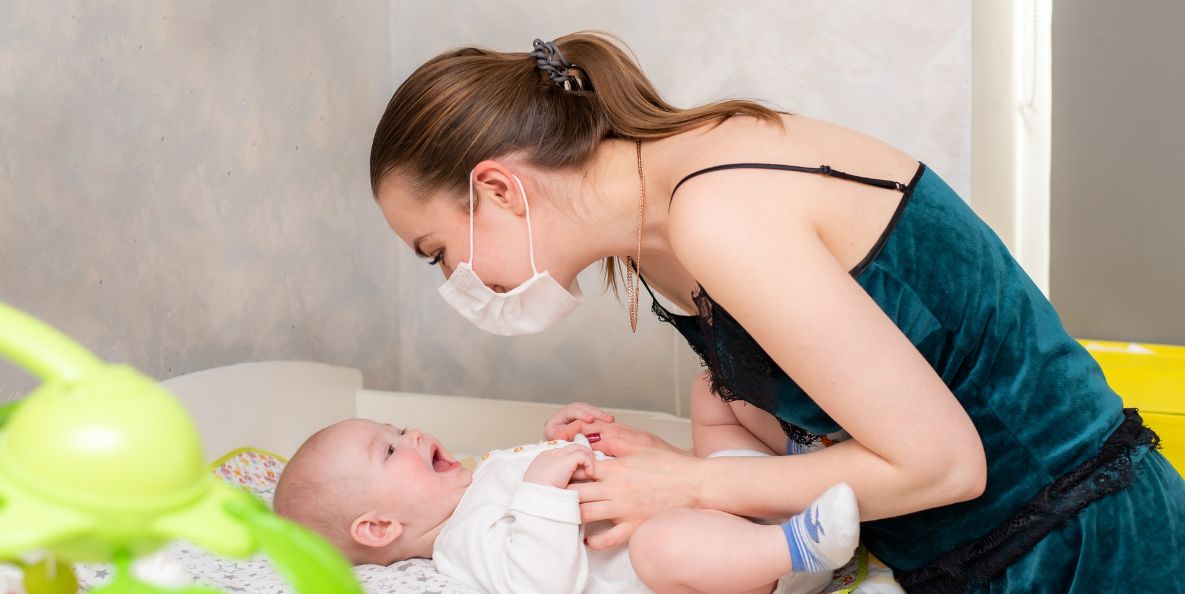Categories
PREECLAMPSIA
Nov 23, 2022
PREECLAMPSIA : DO YOU KNOW What is preeclampsia ? Preeclampsia is a dangerous condition that some people get when they are pregnant. It usually happens during the second half of pregnancy (after 20 weeks). It can also happen during labor or soon after the baby is born. People with preeclampsia have high blood pressure. They might also have too much protein in their urine, or problems with organs like the liver, kidneys, brain, eyes, or placenta. Plus, the baby might not grow well and be smaller than normal. What are the symptoms of preeclampsia? Preeclampsia usually does not cause symptoms unless it is severe. Signs and symptoms of severe preeclampsia include: A bad headache Changes in vision: blurry vision, flashes of light, spots Belly pain, especially in the upper belly If you have any of these symptoms, tell your doctor or nurse. How might preeclampsia affect the baby? Preeclampsia can: Slow the growth of the baby Decrease the amount of amniotic fluid ie the liquid that surrounds and protects the baby in the uterus.. Who is at risk of preeclampsia ? Any pregnant woman can develop preeclampsia. However, some women are at higher risk than others. Women with one or more of the following characteristics are at increased risk for developing preeclampsia: First pregnancy (excluding miscarriages and abortions) Chronic hypertension, kidney disease, lupus, or diabetes prior to pregnancy A previous history of preeclampsia Gestational diabetes Multiple gestation (eg, twins or triplets) A family history of preeclampsia in a sister or mother Age under 20 years and possibly age over 35 to 40 years Obesity What causes preeclampsia? Preeclampsia results from abnormalities in the development of the placenta very early in pregnancy.Why this happens to some women and not others is not completely understood. Is there a test for preeclampsia? Yes. To test for preeclampsia, your doctor or nurse will: Take your blood pressure Check your urine for protein during pregnancy They might also do blood tests to make sure your organs are working as they should. When your doctor or nurse tells you your blood pressure, they will say 2 numbers.To be diagnosed with preeclampsia, your top number (called "systolic pressure") must be 140 or higher, or your bottom number (called "diastolic pressure") must be 90 or higher. Plus, you must have too much protein in your urine or problems with 1 or more of your organs. Can preeclampsia be prevented ? There are no tests that reliably predict who will get preeclampsia, and there is no way to completely prevent it. The most important thing you can do is to keep all the appointments you have with your doctor, nurse, or midwife. That way, they can find out as soon as possible if your blood pressure goes up, or if you have too much protein in your urine or any other problems How is preeclampsia treated? For preeclampsia that develops during pregnancy, the only cure is to deliver the baby. Reduced physical activity, but not strict bed rest, and taking high blood pressure medication can lower the blood pressure but will not stop preeclampsia from worsening or reduce the risk of its complications. Your doctor will talk with you about whether it is better for you to have your baby right away, or to wait. The best decision will depend on how severe your preeclampsia is and how many weeks pregnant you are. What happens during labour? Because women with preeclampsia can develop eclampsia (seizures), most patients are treated with intravenous (IV) magnesium during labor and usually for 24 hours after delivery to prevent seizures. IV magnesium is safe for the fetus. Severe hypertension is treated with one or more IV high blood pressure medications to reduce the risk of a maternal stroke.
What happens after delivery ? High blood pressure and protein in the urine resolve after delivery, usually within a few days but sometimes it takes weeks. However, some women require medication to reduce high blood pressure after being discharged from the hospital. Your doctor may recommend monitoring blood pressure after discharge from the hospital either at his/her office or at home, and again in approximately 10 to 14 days to confirm resolution of the hypertension. Will preeclampsia happen again in future pregnancies ? Women who develop preeclampsia are at increased risk of developing it in a subsequent pregnancy. Women with preeclampsia without severe features near term have only a 5 percent increased chance of developing it again. However, women who developed severe features of preeclampsia and were delivered before 30 weeks of gestation have a high risk (up to 70 percent) of preeclampsia in future pregnancies. Can preeclampsia cause other health problems? Women who develop preeclampsia appear to be at increased risk of developing cardiovascular disease later in life, so regular health care may be particularly important in this group of patients. Women who had high blood pressure during pregnancy should have their blood pressure checked yearly. They can also reduce their risk of having high blood pressure later in life by maintaining a healthy weight, limiting their salt intake, avoiding excess alcohol use, and exercising regularly.











